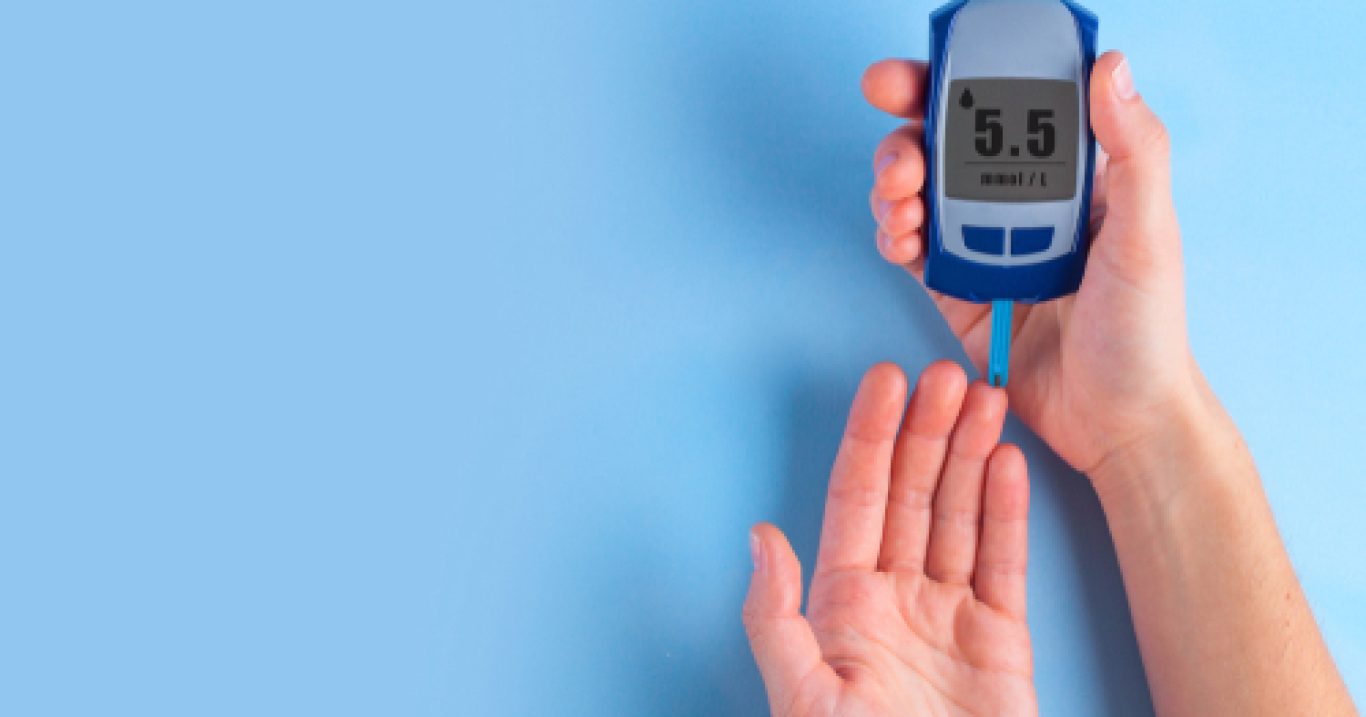Impact of ‘Obamacare’ on Stakeholders – US Healthcare Policy.Obamacare on a roll in Florida despite sharp opposition
Imminent Surge in Prescription Drug Spending

Prescription drug spending will increase in the US through 2021. According to the Centers for Medicare & Medicaid Services (CMS), prescription drug expenditures will increase by 74.4% from $274.8 billion in 2012 to $457.3 billion in 2021 with the implementation of the ACA’s provisions – a larger growth than without the impact of the Act. The key drivers for this additional growth include expected increases in the volume of individual and group insurance coverage as well as coverage expansions, primarily Medicaid. Although the government plans to fund most of the added costs resulting from coverage expansions with new taxes, fees, and rebates imposed by the ACA, the worrisome growth of US healthcare expenditures does not look like it will show signs of abating, with a forecast close to $4.7 trillion in 2021 spending alone. Putting this in context with the relatively slow growth of the country’s GDP in recent years, it does not paint a pretty picture of things to come unless the economy shows tremendous improvement over the next few years.
FILE – In this March 23, 2010, file photo President Barack Obama is applauded after signing the Affordable Care Act into law in the East Room of the White House in Washington. Big retail stores, hotels, restaurants and other firms with lots of low-wage and part-time workers are among the main beneficiaries of the Obama administration’s latest tweak to health care rules. Those companies will now be able to avoid the biggest of two potential employer penalties in the Affordable Care Act by offering coverage to 70 percent of their full-time workers, easier than the previous 95 percent mandate. But the wiggle room is only good for next year
Increasing healthcare costs in the US are a major cause for concern as national health expenditures have been growing faster than the country’s Gross Domestic Product (GDP). The increase in healthcare costs, which is becoming a cause for economic concern, is attributable to various factors including the increasing number of aging patients with chronic diseases as well as the increasing demand for healthcare due to the growing population. In 2012 alone, over $2.8 trillion is estimated to have been spent on healthcare by the US government – 22.2% more than the approximate $2.3 trillion spent in 2007.
Floridians are now flocking to Affordable Care Act plans with almost 300,000 residents enrolled through the federal exchange. The figure surged by 88 percent in one month as website obstacles were cleared.
In another dramatic development, Florida joins 11 other states in meeting or exceeding the Obama administration’s enrollment objectives by Feb. 1. The Sunshine State hit the 100 percent target of a little more than 295,000.
This success comes despite fierce political opposition out of Tallahassee and elsewhere, resistance that included a fruitless and expensive federal court challenge to the constitutionality of the law.
Like it or not, the Affordable Care Act is the law of the land. Despite the rocky rollout of the federal insurance exchange marketplace, online registration is working.
As the Miami Herald reported last week, Obamacare would likely enjoy higher registration had states like Florida played a more vigorous role in administering the program. Instead, Florida’s Republican leaders fought tooth and nail, refused federal funds to create a state exchange and rejected an expansion of Medicaid.
Oddly enough, some 100,000 low-income Floridians learned of their eligibility for Medicaid health care coverage via the federal exchange. Had Florida accepted $51 billion in federal aid to enlarge Medicaid, an estimated 1 million uninsured residents would have gained coverage.
Of the newly qualified for Medicaid, almost 22,000 are children. Think how many poor residents would have a clear path to health care cheaper than a typical solution, in expensive emergency rooms. But at least 100,000 residents are on the road to stronger health care.
Florida ranks second to California in ACA enrollment, quite an achievement and quite an indication of the need for affordable health care insurance. Some 56 percent of ACA enrollees are women, a national mark that Florida mirrors. As President Obama has stated frequently, being a woman is no longer a pre-existing condition.
The number of young enrollees — between the ages of 18 and 34 — is rising but remains below the administration’s hopes before March 31. Higher enrollment would help keep premiums from rising by balancing the risk insurers will be carrying.
While Obamacare cannot be declared an overall success yet, in many ways the signs are encouraging.










